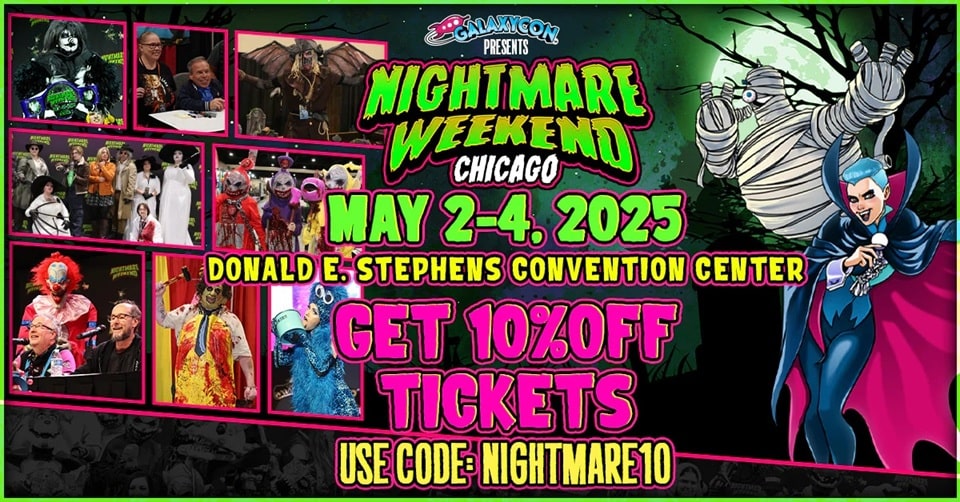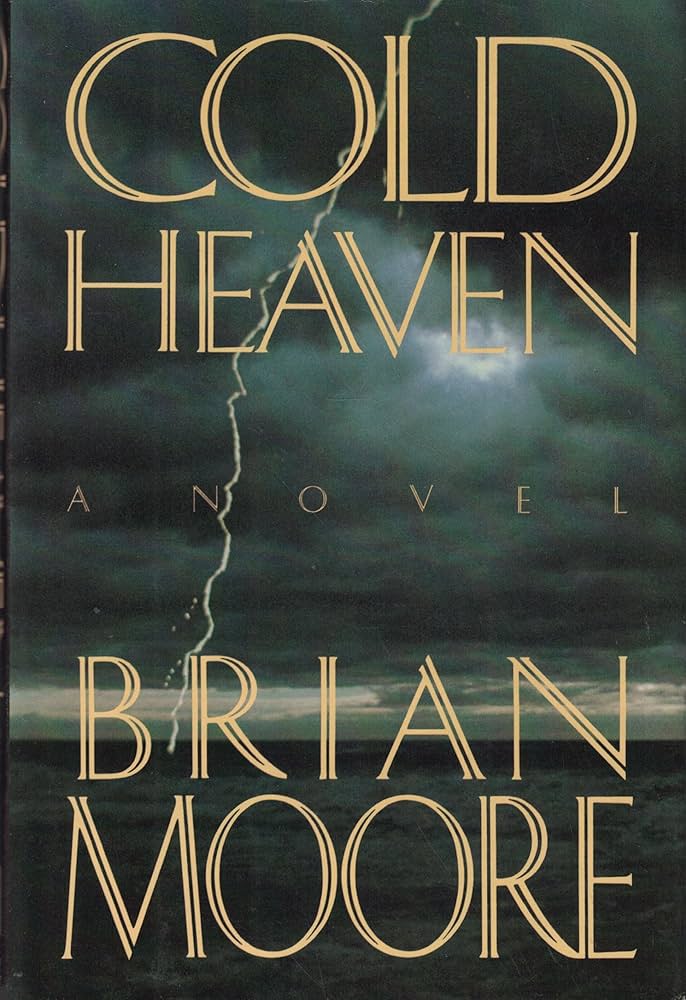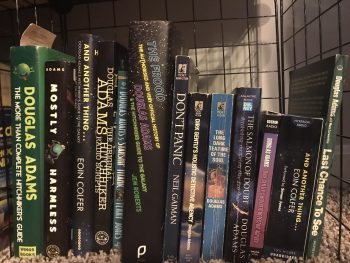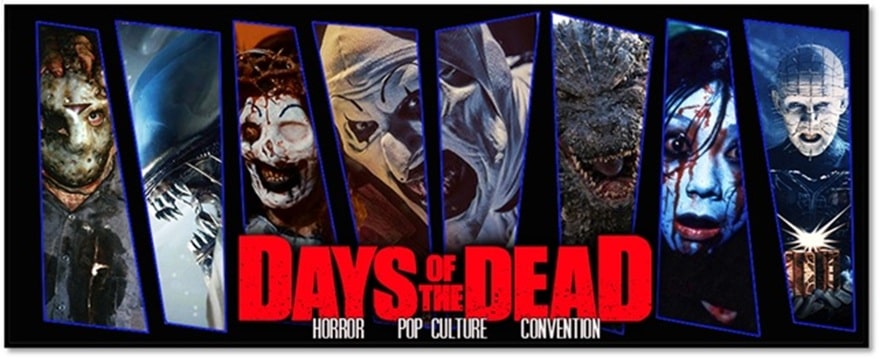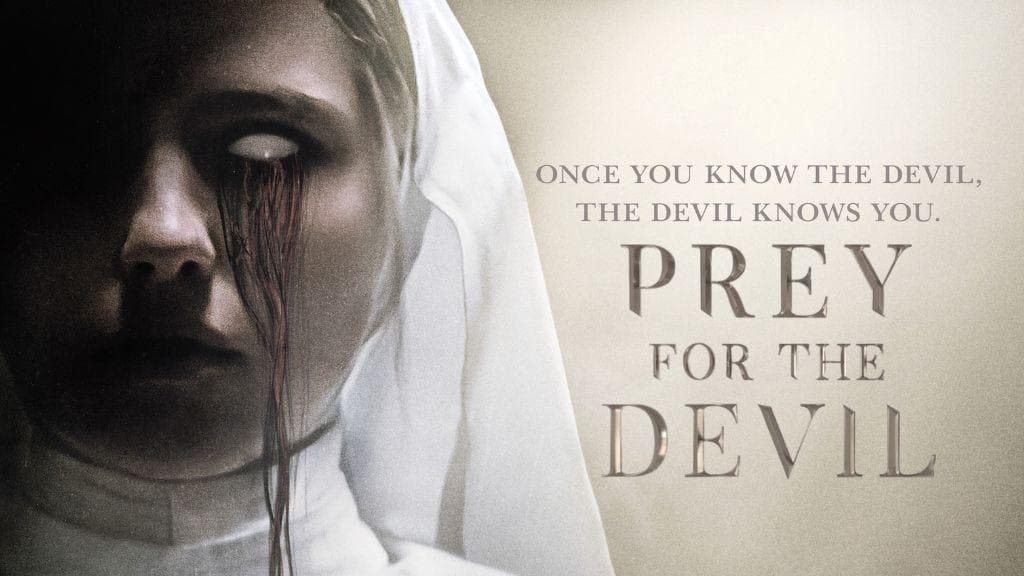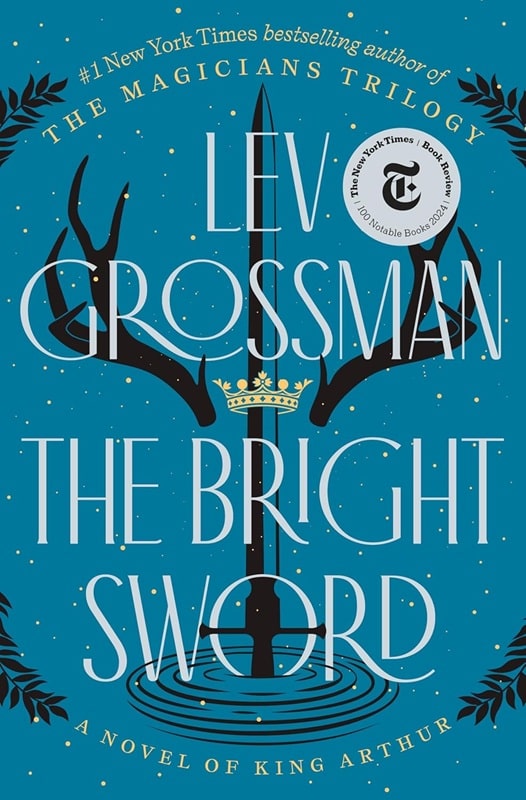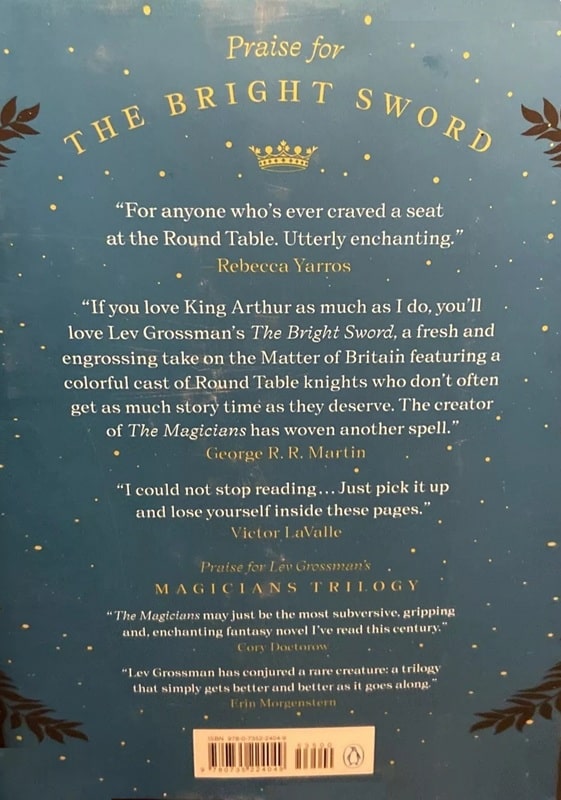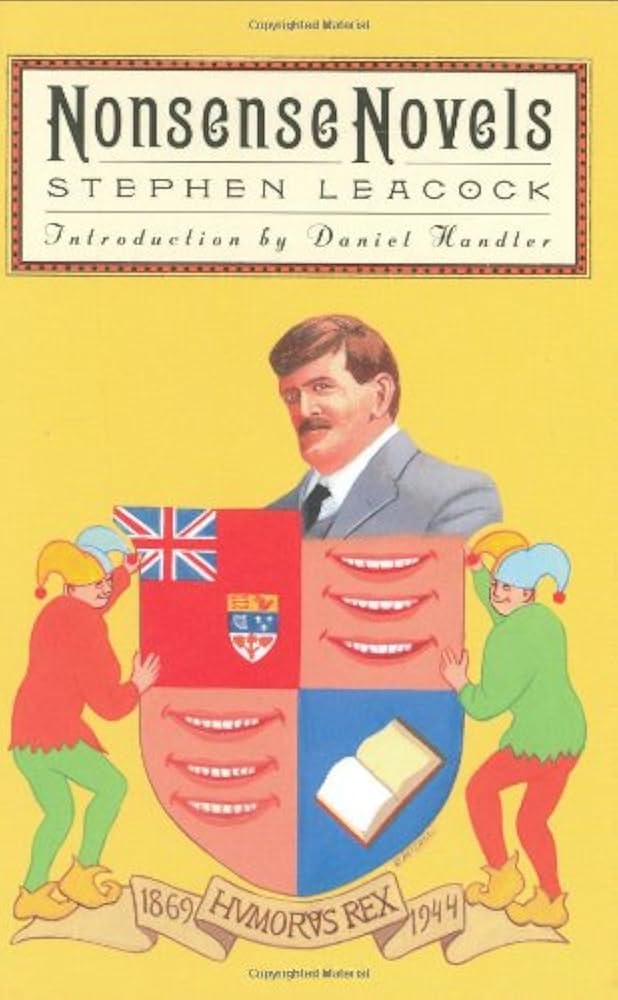Tor Doubles #1: Arthur C. Clarke’s Meeting with Medusa and Kim Stanley Robinson’s Green Mars

Green Mars cover by Vincent di Fate
Tor Double #1 was originally published in October 1988. This volume marked the beginning of the official Tor Double series. The two stories included, Arthur C. Clarke’s Meeting with Medusa and Kim Stanley Robinson’s novella Green Mars complement each other, although by doing so, Green Mars also points out a weakness of Meeting with Medusa. The volume was published as a tête-bêche, with both covers were painted by Vincent di Fate.
Meeting with Medusa was originally published in Playboy in December, 1971. It was nominated for the Hugo Award and Nebula Award, winning the latter, as well as the Seiun Award.
The novella opens with Captain Howard Falcon commanding a massive airship, the Queen Elizabeth IV, over the Grand Canyon. A collision with a drone camera causes the ship to crash, killing nearly everyone on-board, including the uplifted chimpanzees who served as part of their crew. Although horribly injured in the crash, Falcon survived and spends years regaining his ability to function, eventually returning to his job as a pilot with an audacious plan.
